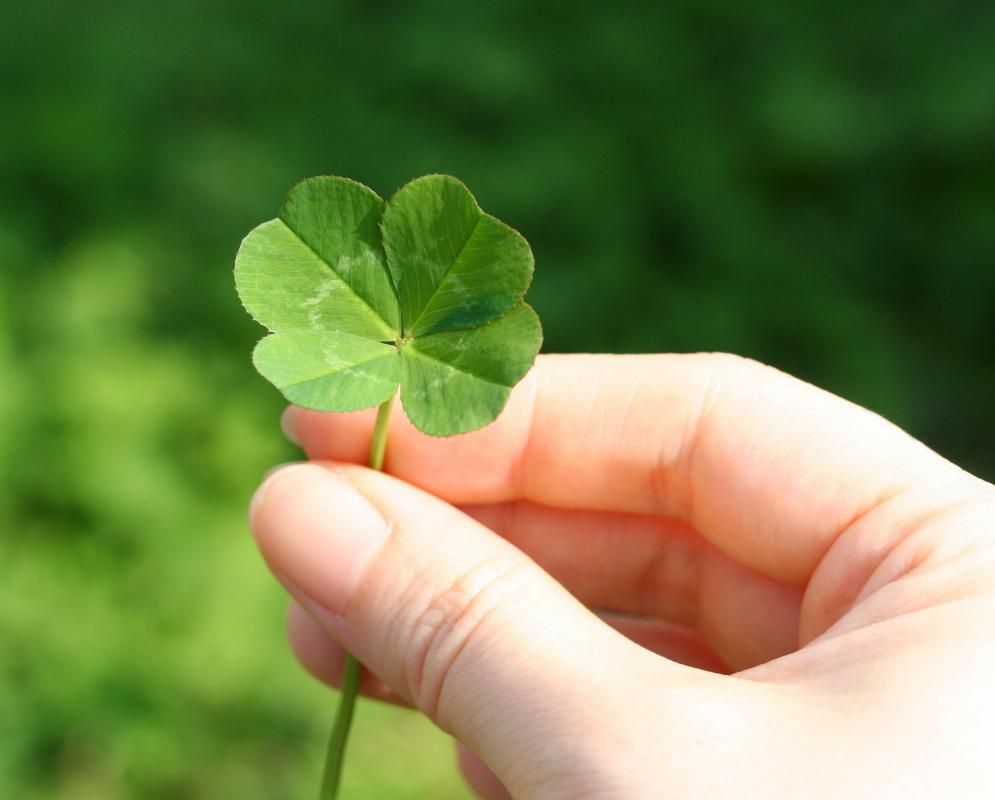At WiseGEEK, we're committed to delivering accurate, trustworthy information. Our expert-authored content is rigorously fact-checked and sourced from credible authorities. Discover how we uphold the highest standards in providing you with reliable knowledge.
What is Garden Lore?
The garden realm is rich with plant history and garden lore. From herbs, flowers, and vegetables to shrubs, trees, and more, there are numerous myths, legends, and superstitions surrounding garden plants. While some of these garden lore expressions may seem absurd today, many of them are still just as popular as they were long ago.
Plants, especially herbs, have been surrounded by myths and legends for centuries. Herb garden lore likely came about due to their apparent healing powers and remedies. Herbs were also believed to be used for concocting spells. Generally, an herb’s alleged healing powers were thought to be related to its physical appearance. For instance, the yellowish tint brought about from jaundice is associated with the liver; therefore, herb plants with yellow flowers were considered to hold liver-healing properties.

Likewise, if an herb plant resembled the shape of an organ or other body part, such as the heart, it was thought acceptable for use in curing that specific ailment. Sometimes the name itself gives clues to a plant’s history or garden lore. For instance, a legend surrounding the herb Angelica states that it was introduced to people by an angel, supposedly to cure the Black Plague.

Legend also surrounds the origin of garlic, which was thought to have sprung up everywhere the Devil’s right foot touched the ground in the Garden of Eden. Garlic is the source of numerous superstitions as a result. The most common being its ability to offer protection from evil spirits, witches, and vampires. Flowers, weeds, and even vegetables are common subjects of this type of superstitious garden lore too.

The common daisy has been a source of superstition for years and still is. Young people still pluck the petals while chanting “loves me, loves me not” in the hopes of finding true love. It is also believed that picking the flowers with eyes closed can foretell the number of years left until marriage. Dandelions, which are actually weeds, were believed to tell the remaining years left to live by blowing on their fuzzy seedpods and counting the leftover seeds.

Other weeds, like the buttercup and clover, have a place in garden lore. Buttercups are thought to predict a person’s taste for butter when placed under the chin. Finding a four-leaf clover is supposed to bring one good luck. Vegetables aren’t immune from these sayings. Beans were thought to spawn demons, with white ones being a sign of imminent death. Tomatoes were once thought of as sources of evil and poisonous if ingested.
Shrubs and trees are sources of garden lore as well. In addition to forecasting weather, such as when the leaves of trees overturn prior to rain, they are also subjects of superstition. Take the holly shrub, for example. This plant is generally seen as good fortune, offering protection against evil spirits. However, stepping on holly berries is supposed to bring about bad luck.
Garden lore surrounds the plant world. These old beliefs, and even current ones, can be a source of history no matter how outlandish they may sound.
AS FEATURED ON:
AS FEATURED ON:














Discuss this Article
Post your comments